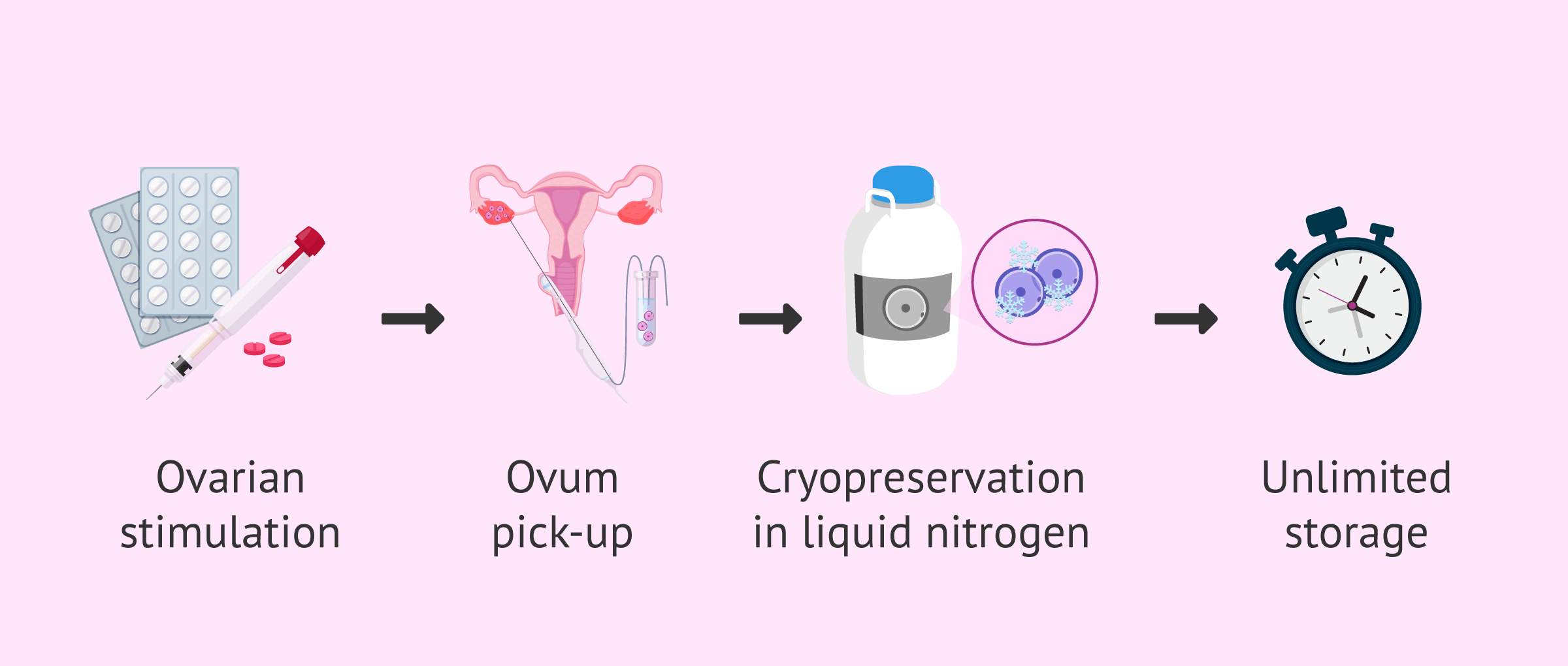Services
Vestibulum ac diam sit amet quam vehicula elementum sed sit amet dui. Curabitur non nulla sit amet nisl tempus convallis quis ac lectus. Quisque velit nisi, pretium ut lacinia
Consultations
Pregnancy Test
Papanicolau
Mammography
Surgery
Fertility
Personal
- 1 Person
- Permanent Control
- Cancer Prevention
- Laboratory
- Medicines
Family
- Up To 5 Persons
- Permanent Control
- Cancer Prevention
- Laboratory
- Medicines
Medical insurance

Fertility preservation is made possible through a series of techniques aimed at safeguarding reproductive potential, despite potential medical conditions or personal choices that could compromise it. This is particularly relevant for individuals who must undergo medical treatments that could impair their fertility, such as chemotherapy, radiotherapy, or surgeries. It is also significant for those who wish to delay parenthood for personal or professional reasons.
Fertility Preservation Techniques
1. Oocyte Cryopreservation (Egg Freezing:
- "Social Freezing" involves the retrieval and cryopreservation of oocytes for future use. This practice is often chosen by women who want to delay motherhood or need to undergo medical treatments that may compromise their fertility.
2. Embryo Cryopreservation:
- After in vitro fertilization (IVF), embryos are vitrified. This method is similar to oocyte cryopreservation but involves embryos that have already been fertilized.
3. Ovarian Tissue Cryopreservation:
- A portion of ovarian tissue is removed and frozen. This tissue can later be transplanted to restore ovarian function.
4. Testicular Tissue Cryopreservation:
- Primarily used for prepubescent males or those who cannot produce sperm through ejaculation. Testicular tissue is frozen for future use.
5. Sperm Cryopreservation:
- Sperm is collected and frozen for future use. This is a common and relatively simple technique for preserving male fertility.
Indications for Fertility Preservation
- Oncological Treatmentsi:
- Patients undergoing chemotherapy, radiotherapy, or surgeries that may damage reproductive organs.
- Autoimmune Diseases or Other Medical Conditions:
- Treatments for conditions like lupus or endometriosis may compromise fertility.
- Gender Transition:
- Transgender individuals may choose to preserve their fertility before starting hormone therapy or undergoing surgery.
- Personal or Professional Reasons:
- Individuals who wish to delay parenthood for personal, professional, or lifestyle reasons.
Ethical and Psychological Considerations
- Informed Decisions:
- It is crucial that individuals are fully informed about the options, risks, and costs associated with fertility preservation techniques.
- Psychological Support:
- Fertility preservation can involve complex decisions and emotions. Psychological support is often helpful for navigating these challenges.
Fertility preservation offers an important option for many individuals, providing them with the hope of having children in the future despite medical or personal challenges they may face.







